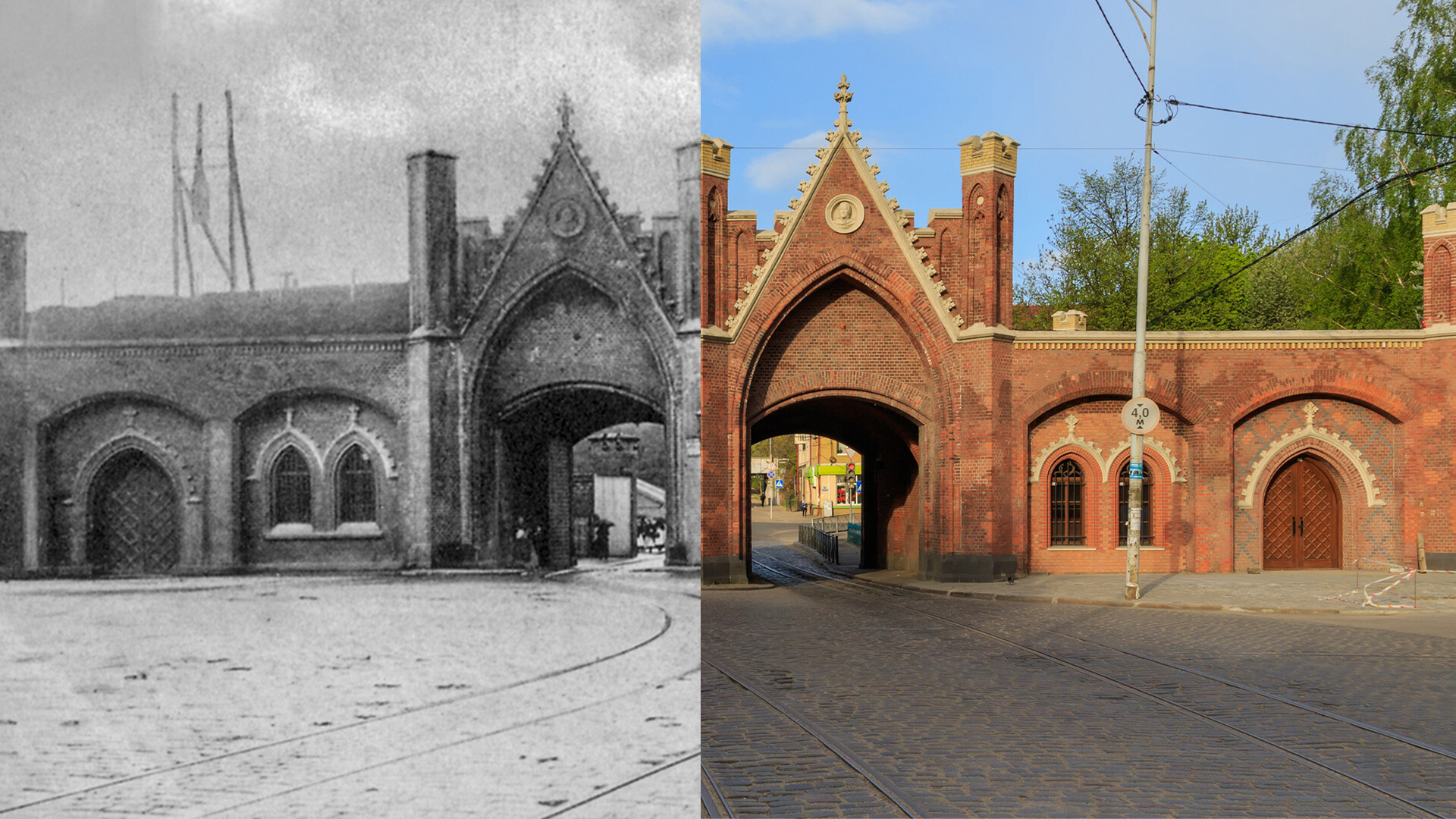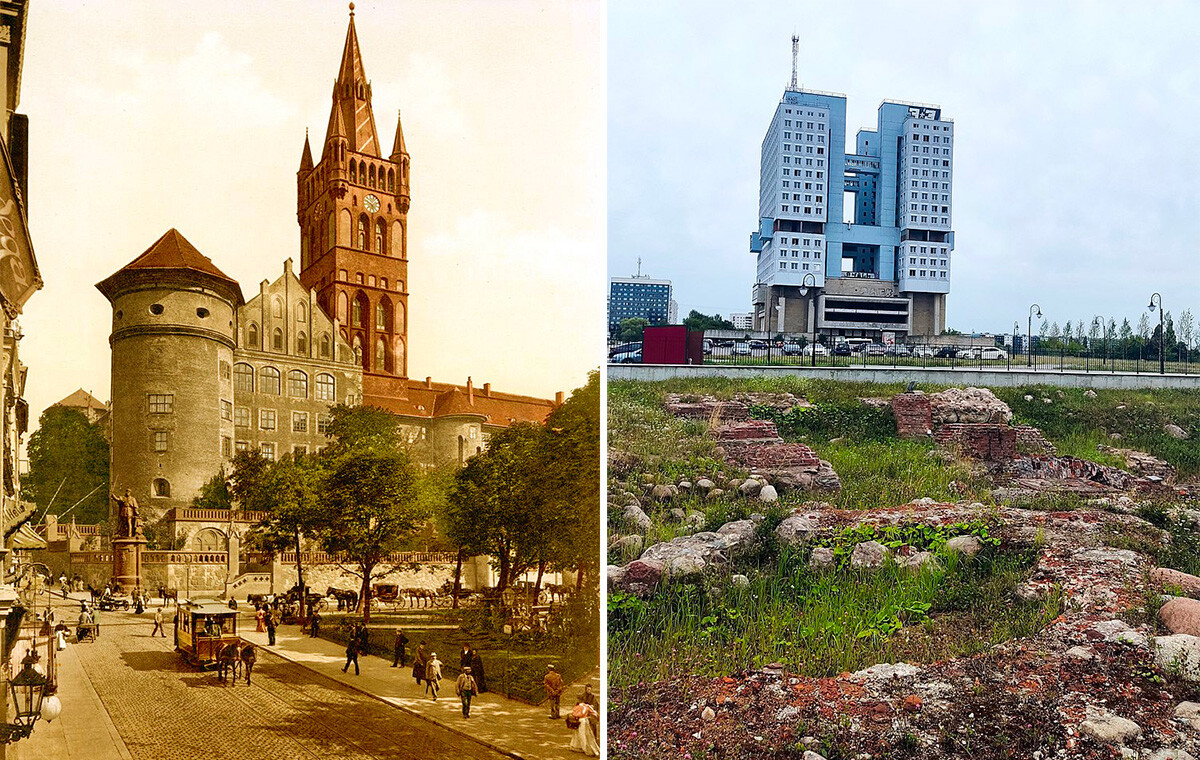
Kaliningrad is Russia’s unique corner of old Europe. The author of ‘The Critique of Pure Reason’, philosopher Immanuel Kant, is buried there. The city, once known as Konigsberg, used to be a part of Prussia, before passing to the Soviet Union after World War II. Today, it is an exclave, separated from mainland Russia by other countries. However, a century on, it continues to embody the spirit of two distinct cultures - German and Soviet. Authentic traces of the former can still be seen around town, especially the architecture. Elsewhere, the city exudes a distinctly Soviet vibe. The photographs below document its changing face over the past century.












If using any of Russia Beyond's content, partly or in full, always provide an active hyperlink to the original material.
Subscribe
to our newsletter!
Get the week's best stories straight to your inbox